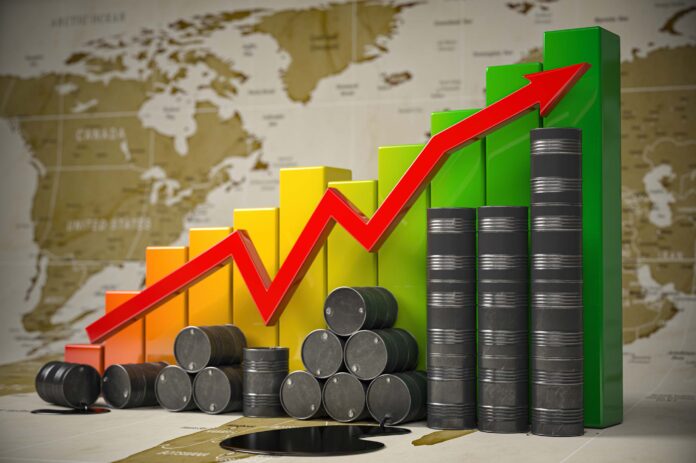Despite the Senate Standing Committee on Finance rejecting the Rs2.5 per litre carbon levy on petroleum products with a majority vote, the Petroleum Division informed the National Assembly’s Standing Committee on Finance that the levy will take effect starting July 1, 2025.
The current petroleum levy stands at Rs77 per litre on high-speed diesel (HSD) and Rs78.02 per litre on petrol, with plans to cap it at Rs90 per litre. Furnace oil, though phased out from public power plants, continues to be used by Independent Power Producers (IPPs).
Earlier, the Senate Standing Committee on Finance on Thursday, with a majority vote, rejected the carbon levy of Rs2.5 per litre on petroleum products proposed in the Finance Bill 2025-26, from which the government has projected to generate a revenue of Rs45 billion.
The FBR chairman stated that the carbon levy would generate an additional Rs90 billion in revenue for the fiscal year 2026-27, as it is a requirement under the IMF programme.
However, the parliamentary panel, chaired by Senator Saleem Mandviwalla, noted that the carbon levy could not be implemented through the finance bill. The committee expressed concerns over the proposed method of implementation, suggesting that it should be introduced as a carbon tax instead.
On the same day, Senior officials from the Petroleum Division informed the National Assembly’s Standing Committee on Finance that the carbon levy of Rs2.50 per litre will be imposed on petroleum products from July 1, 2025.
In addition, the committee was informed that the government sealed a deal to borrow Rs1.275 trillion from commercial banks to retire power-related debts. Rs683 billion will be allocated to clear dues of the Power Holding Company, with the remaining amount being used to address liabilities. A surcharge of Rs3.23 per unit will not be applied to lifeline consumers.
During the meeting, the committee also reviewed amendments to the Petroleum Products (Petroleum Levy) Ordinance, 1961, approving the proposed amendments in principle, while seeking clarification on whether the measure should be classified as a levy or a tax.
Further discussions focused on boosting electric vehicle (EV) production in line with global climate commitments. While the government aims to increase the number of EVs from 76,000 to 2.2 million in the next five years, there were concerns regarding the government’s plan to finance EV subsidies through taxes on car buyers. These proposed levies were not included in the Finance Bill 2025-26.
Committee members expressed dissatisfaction with the current lack of a comprehensive plan for the transition to EVs, citing insufficient recharging stations. They also noted that hybrid vehicles were not included in the proposed measures. As a result, the committee deferred further consideration of the matter until the next meeting and directed the Ministry to present a detailed implementation plan.




